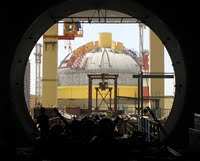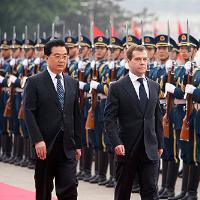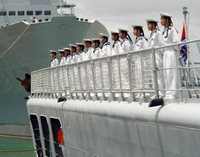
Turkey continues to work along different tracks in its strategy to become the “gas hub” of Europe, as demonstrated by the official visit to Ankara of Azerbaijani Foreign Minister Elmar Mammadyarov in late December. Mammadyarov’s visit should set to rest speculation about Turkey’s waning political support for the Nabucco pipeline, as well as Ankara’s supposed reorientation toward Russia. Mammadyarov was received in Ankara by Prime Minister Recep Tayyip Erdogan and President Abdullah Gul before meeting behind closed doors with his Turkish counterpart, Foreign Minister Ahmet Davutoglu. Although the details of the talks have not been disclosed, the enthusiastic declarations of […]



